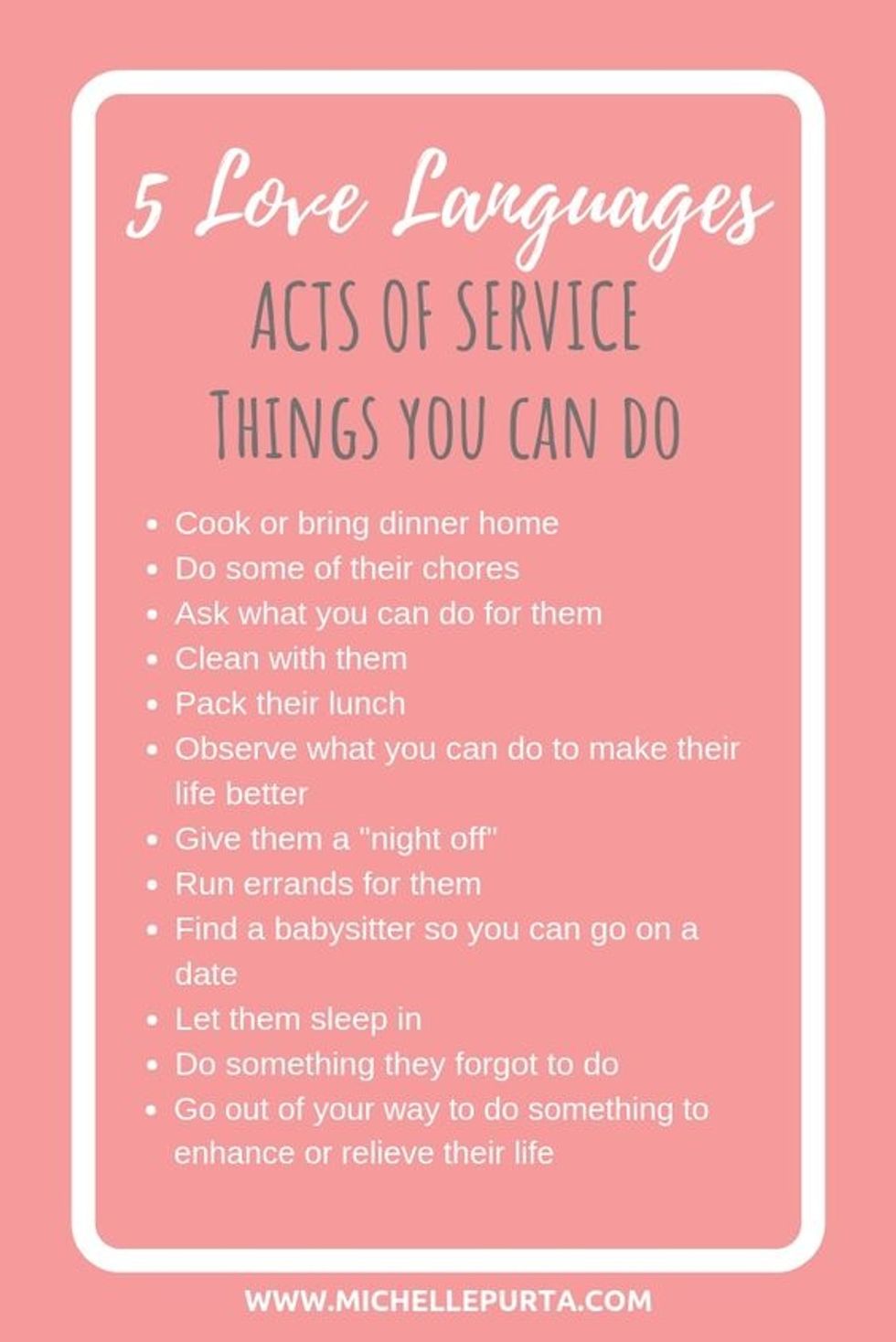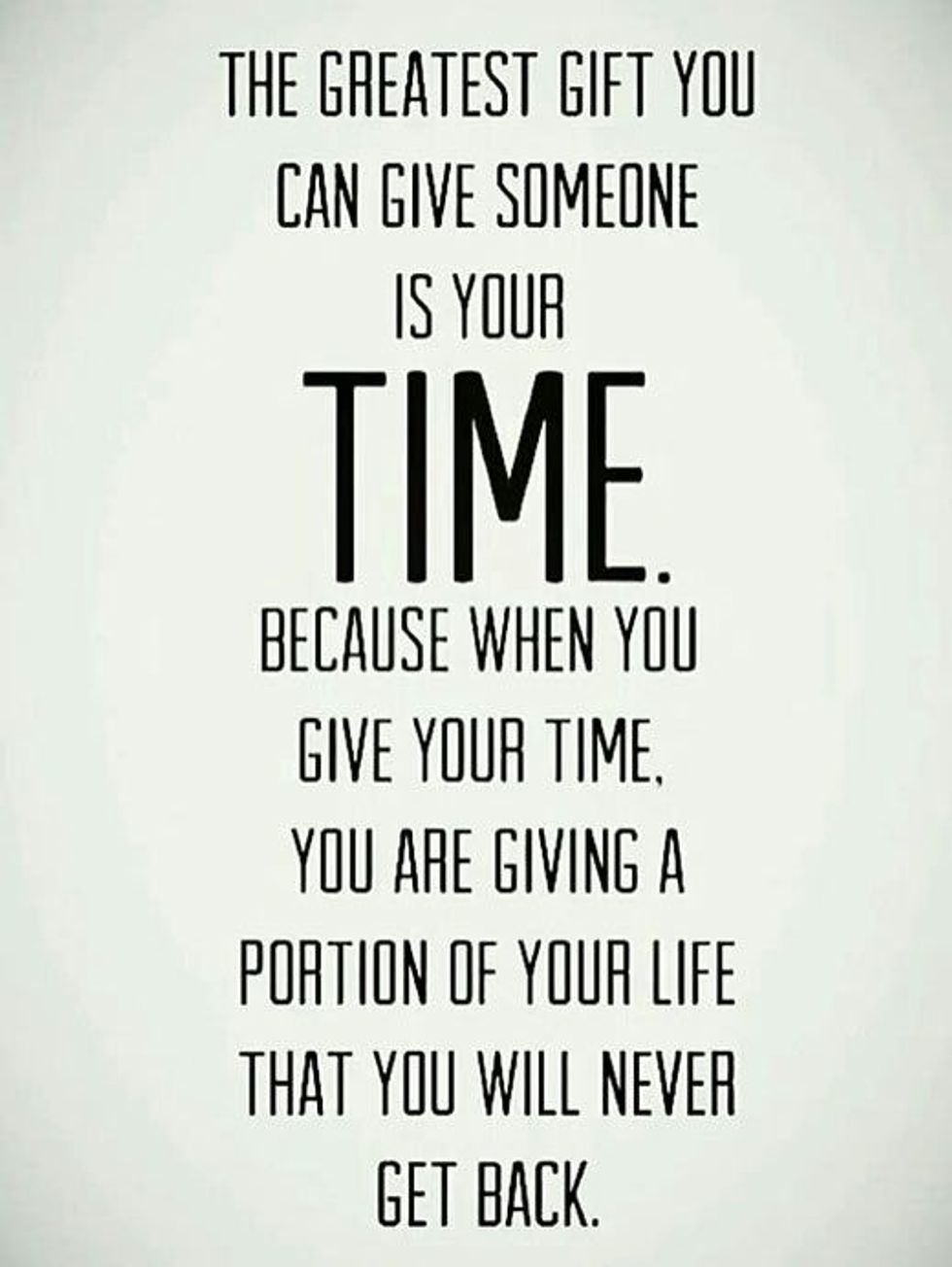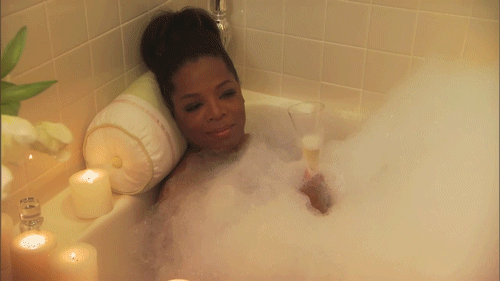I'll be open off the bat: anxiety disorders run in my family. And in this age of mental health awareness and the increasing pressures among most age groups (but I see you, students and other 20-somethings), this just isn't breaking news.
But back to my family–merely to put things in perspective, my mom has reminded her children of the stark differences when it comes to treatment between a matter of just a few decades. My older sister was just a few months old, and my then thirty-year-old mother was enduring the immense stress and trepidations of tackling a difficult return to work after maternity leave and the daunting task of parenting her first child alongside my father, who worked full (if not over) time.
At her next visit to her general practitioner, fortunately, she cleared as seemingly healthy as can be in all areas. But what struck a chord for my sister and me about this is that her request for some sort of remedy for her anxiety was met with her doctor's instructions to "pour a glass of wine and take a bubble bath."
Though I'm not explicitly covering mental illness today, the principle of this anecdote parallels the concept of discovering your own self-love language. Not to be confused with actual, oftentimes needed medicinal treatment for anxiety, self-care can be just as vital in the improvement and maintenance of one's mental stability. But in order for it to work, you must find what works for you.
I am simply unwilling to try to count the number of times I've been told a bath bomb and face mask are the long-awaited cures for my Sunday Night Scaries, but believe it or not, I'm even more frustrated with how long adolescent me expected it to work. Sure, they can alleviate some physical tension, but a lot of the work of self-care goes so much deeper.
Ever heard of the love languages? They work on you too. Here are some ways to get started with each:
Words of affirmation

Write and recite personalized, daily affirmations; note/journal about everything you like about yourself; notice the negativity of your language and reorient the way you speak about yourself.
Acts of service

Prioritize your health (setting boundaries so that you get sufficient sleep, preparing your own meals/learning what foods make you feel best, rest often if not when you need to); maintain a clean and stress-relieving home/environment for yourself; groom yourself with love and care.
Receiving gifts

Buy only what sparks the most joy and purge the rest (hello, Miss Kondo!); gift yourself with experiences (trying something new, travel), invest in your own advancement (education, skill sets).
Quality time

Prioritize time to just be (meditation, breathing, other forms of relaxation), invest in leisure time/hobbies, stop overcommitting/be economical with what you say "yes" to.
Physical touch

Take baths (using bath bombs, Epsom salts), exfoliate and moisturize, give yourself a spa treatment (manicure/pedicure, facial, etc).
You'll find that these are really just the foundations, and your routine can be highly personalized and change to your liking as often as you wish. These general examples aren't gender-exclusive by any means; don't even get me started on skin care–for goodness sakes, everyone has it.
More importantly, start treating your own self-care with the same importance that you juggle every other obligation in your life. Running on steam and not existing with sustainably good mental health can be remedied simply by deservingly borrowing from all of the time and effort you assign to everything else in your life.



















